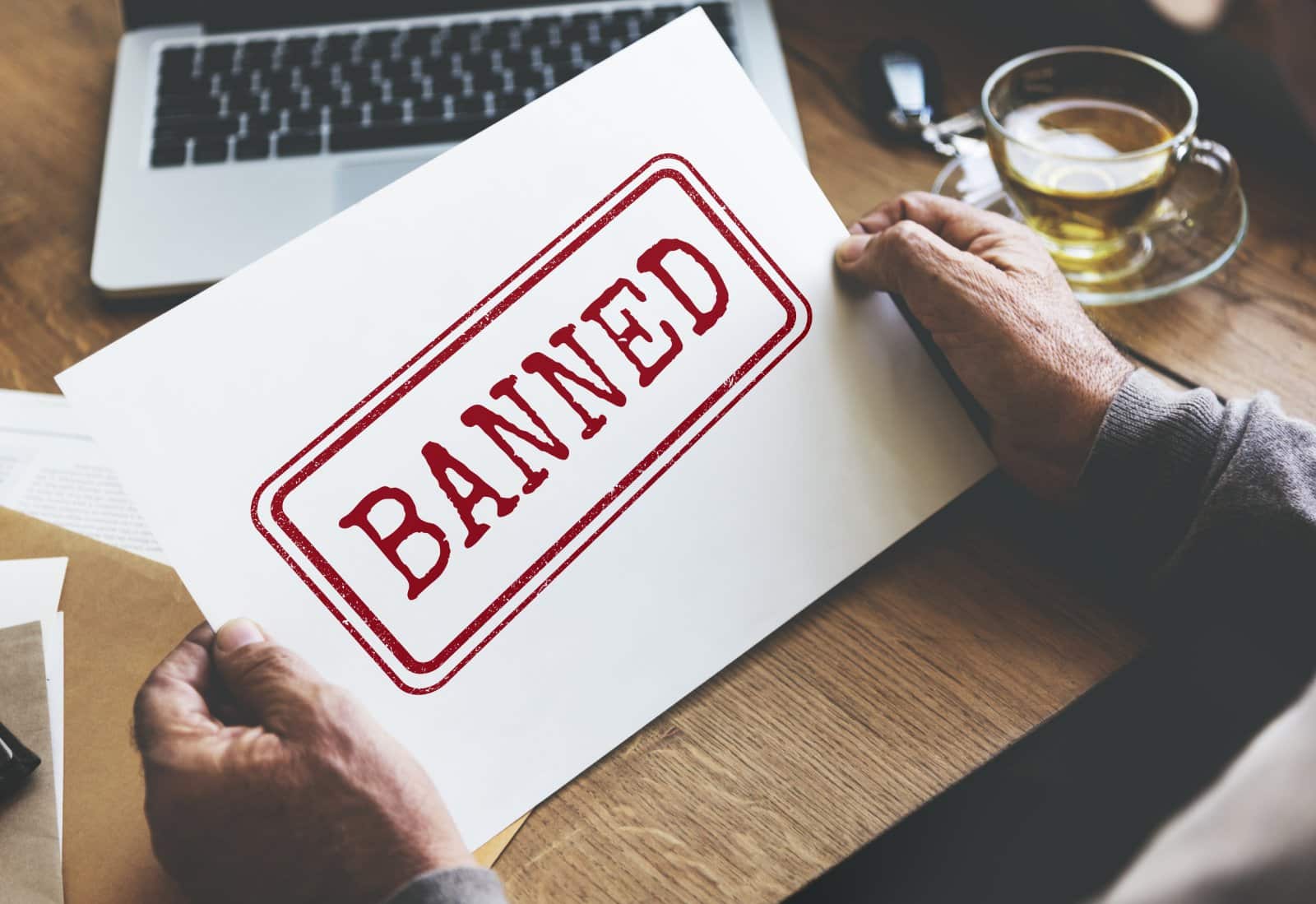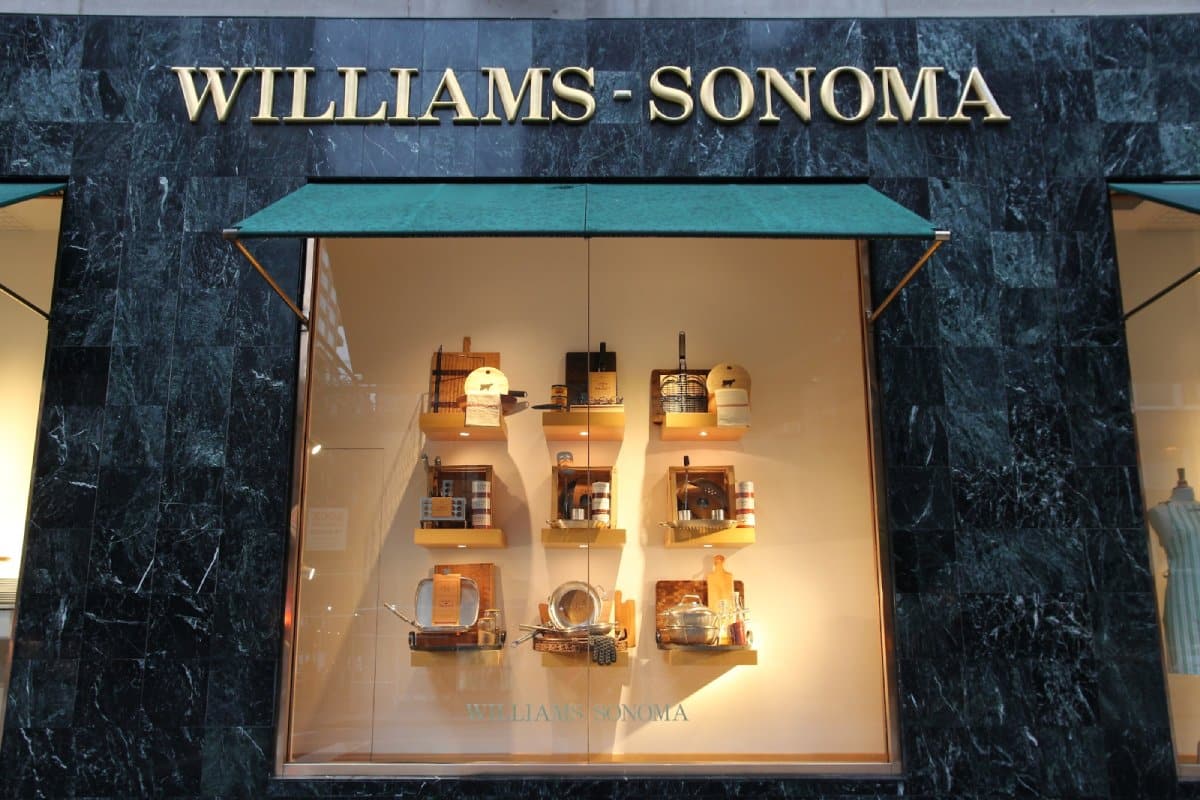One company has received a record-breaking fine over misleading labels on their products.
$3.2 Million Settlement

Kitchenware and furnishings retailer Williams-Sonoma will have to pay almost $3.2 million for violating a Federal Trade Commission order.
Misleading Customers

The company has been charged with using misleading advertising for its products, in particular labeling certain products as “Made in the USA” when they were manufactured in China and other countries.
Violation of 2020 Order

The misleading labels were a direct violation of a 2020 commission order from the FTC, which dictated that the company must be truthful about where its products were made.
Joint Statement Released

A settlement between the San Francisco-based company and the federal agency was announced in a joint statement by the FTC and the Justice Department on Friday.
Admitting to the Allegations

Williams-Sonoma has admitted to the allegations and has fully accepted the over $3 million fine.
Wrong Labels on Mattresses

These misleading labels were used on mattress pads between April 2022 and August 2023. The labels read “Crafted in America from domestic and imported materials” despite being manufactured in China.
Six More Products

Six other products being advertised and sold on the company’s official website also bore labels reading “Made in the USA.” It is believed they were advertised as such because customers are likely to pay more for products they believe are made in America.
Largest Civil Penalty Made Under the Order

According to officials, the settlement includes the largest civil penalty ever issued to a company under the “Made in the USA” FTC order.
Annual Compliance Reports

As part of the penalty, Williams-Sonoma will also be required to certify their compliance with the rule for the next five years, via annual compliance reports.
“Misleading Consumers and Harming Businesses”

“Williams-Sonoma’s deception misled consumers and harmed honest American businesses,” said Lina Khan, chair of the FTC. “Today’s record-setting civil penalty makes clear that firms committing Made-in-USA fraud will not get a free pass.”
DOJ Chimes in

Department of Justice Civil Division head Brian M. Boynton also condemned the company in its press release, writing “Williams-Sonoma misled consumers by touting products as made in the USA when at least one of them was made in China.”
Continuing Their Mission

He vowed to keep pursuing similar misleading business practices alongside the FTC, adding “We will continue to work with the FTC to stop deceptive marketing practices like this.”
Not the First Time

This is not the first run-in that the home furnishings company has had with the FTC. Back in 2020, they were sued by the agency over more false advertising allegations.
Repeat Offender

Again, the company had been advertising several product lines under different brands as made in the USA. These brands included Pottery Barn Kids, Pottery Barn Teens, Goldtouch, and more.
Busy Week for FTC

It has been a busy week for the FTC, who have made a number of aggressive legal maneuvers to combat corporate practices that could hinder competition and innovation in various sectors.
Ban on Noncompete Contracts

Most notably, the agency issued a rule this week to ban noncompete contracts nationwide. Noncompete clauses in employment contracts bar employees from engaging in competition with their employer, either through seeking future employment with competitors or starting competitive businesses of their own.
Negative Effects of Noncompete Clause

“Noncompete clauses keep wages low, suppress new ideas, and rob the American economy of dynamism, including from the more than 8,500 new startups that would be created a year once noncompetes are banned,” Khan said in a press release.
More Freedom for Americans

“The FTC’s final rule to ban noncompetes will ensure Americans have the freedom to pursue a new job, start a new business, or bring a new idea to market,” she added.
Chamber of Commerce Files Suit

The rule has been contested by a number of agencies and businesses, including the US Chamber of Commerce, which filed a lawsuit over the ban against the FTC on Wednesday.
Blocking Major Fashion Merger

The FTC also filed a lawsuit on Monday to block a major $8.5 billion merger between luxury fashion corporations Tapestry and Capri Holdings, due to potential market monopolization and higher prices for customers.
The post – FTC Fines Williams-Sonoma $3.2 Million Over Misleading “Made in USA” Labels – first appeared on Wealthy Living.
Featured Image Credit: Shutterstock / Tupungato.
The content of this article is for informational purposes only and does not constitute or replace professional financial advice.





